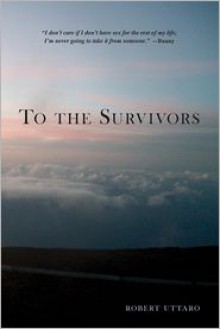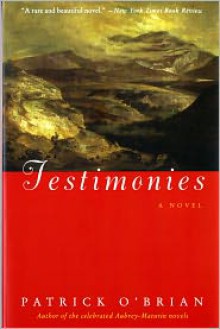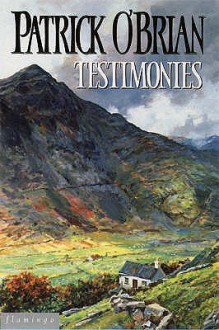
Thanks to the author and to Lit World Interviews for offering me a copy of this book in exchange for an honest review.
Robert Uttaro’s book is part memoir, part manual, part collection of testimonies, part panegyric, and part call to action.
It is undeniable that Mr Uttaro, a volunteer with an organisation that helps survivors of sexual assault, is dedicated, enthusiastic, well-informed and keen to spread the word and give a voice to those who have suffered this most terrible of attacks.
The book is a combination of the narration of how he became involved with the organisation (that is never directly named. I’m not clear if it is due to a wish for keeping the focus on the issue at hand rather than one organisation in particular or due to confidentiality, or both), his training, the different roles he has partaken in throughout his years of work, and his attempts at collecting a number of testimonies of survivors.
By the nature of the material and the experiences of those who agreed to take part, there is some repetition of points (issues like blaming the victim, blocking memories, the devastating consequences of such abuse) that is totally understandable. The testimonies don’t seem to have been heavily edited, although interestingly enough sometimes we get different versions of the stories (and one of the survivors contributing to the book explains that part of the training of those survivors who agree to share their experience is advising them on how to bring the main points home and how to keep the attention of listeners) and more detailed explanations, not so much of the abuse (this is not a scarily graphic book or even one that could cause easy titillation and reproduce the abuse in hands of certain individuals), but of the feelings it engendered on the survivors.
Even with that, there are editorial decisions that could be questioned. Would a different ordering of materials be more effective? Would illustrating specific points with testimonies work better? Would it be best to give the voice directly to the survivors rather than have an intermediary? There are quite a few memoirs and direct accounts of survivors, is this book different enough? The combination of both, the experience of a volunteer who has not himself suffered abuse (or at least he is not aware of it, although he and other have questioned it) and the testimonies of survivors, is perhaps the most distinctive aspect of the project. In a way, the book is personal for Mr Uttaro, and his level of involvement and emotional investment is clear. At the same time, the book is not personal enough, and I wasn’t sure I got to know Mr Uttaro other than through his involvement in the cause and some comments by the survivors (but these might have been minimised). As happens in documentaries, a decision is usually made of either including the person doing the documentary in the story, or letting events talk for themselves, trying to make narration invisible. I did not feel we fully get to understand Mr Uttaro’s journey or where he is coming from. He and the book have the heart in the right place and offer information and useful points, but I am not sure this is a book for general reading. It might benefit from adding links to organisations helping people who have suffered sexual abuse/assaults, including a section on general advice that could be used no matter the location, and perhaps, if the focus was going to be the methods and the ethos of the organisation (or others working on similar topics), adding a section about the history of the project, how it came about, and interviewing other people who are also part of the project: therapists, organisers, etc. I feel there might be several books here that could further deepen people’s understanding of the project, but perhaps that is a project for the future, and this book is a great start.

 Log in with Facebook
Log in with Facebook 








